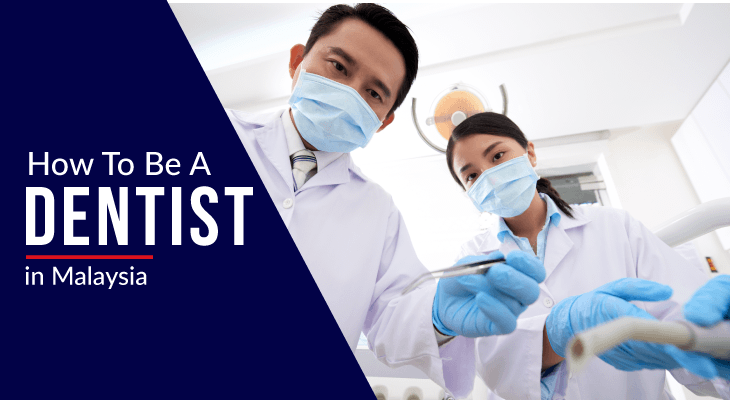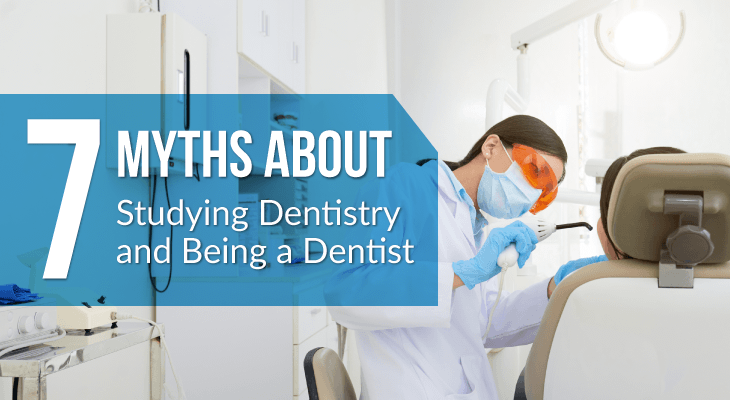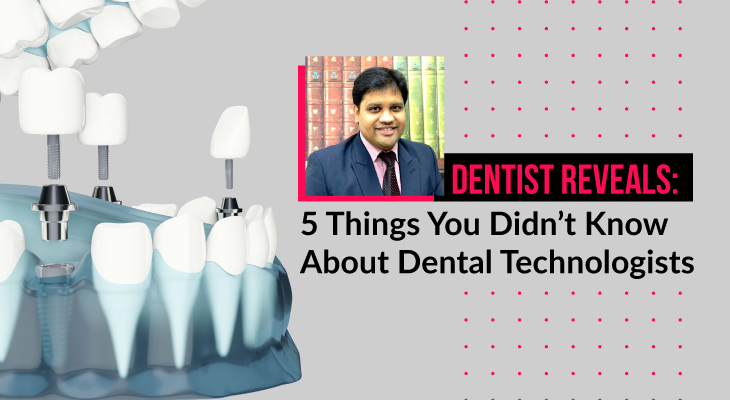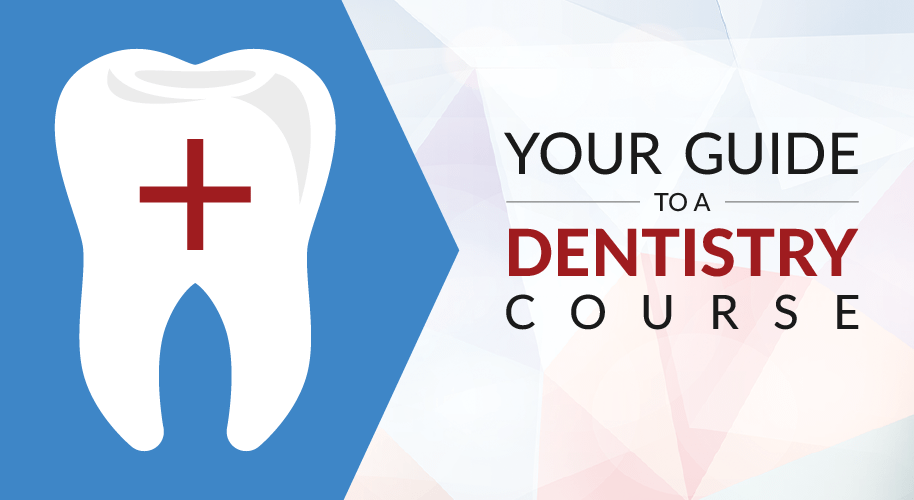8 Types of Dental Specialists and What They Do
Your general dentist can’t do it all! Learn the different types of dental specialists who might be able to help you in the future.
Updated 23 May 2022

It’s normal to think that a dentist is responsible for all types of dental services whether it’s treating a root canal, fixing braces or extracting wisdom teeth. After all, this is what you’re familiar with when you visit a dental clinic.
However, the truth couldn’t be further from that. Just like medical doctors, there are different types of dentists who specialise in different procedures. These dental specialists have completed at least 4 years of additional study and specialty training in addition to a dentistry degree.
Here are 8 types of dental specialists that you can find in Malaysia.
#1. Oral and maxillofacial surgeon
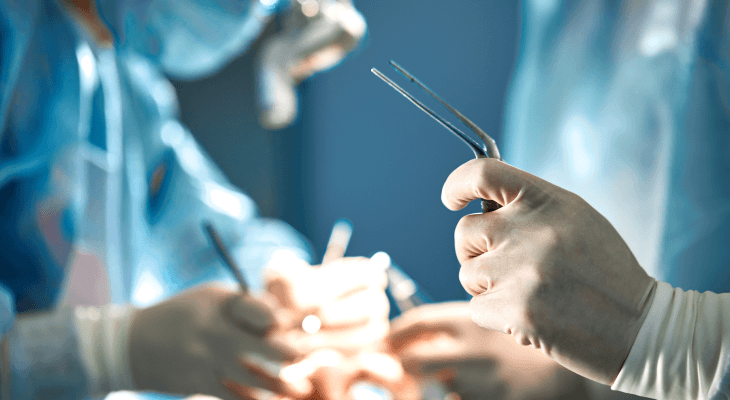
Oral and maxillofacial surgery is a branch of dentistry that deals with diseases, conditions and injuries of the mouth, jaws, face, head and neck.
Here are common procedures that are carried out by oral and maxillofacial surgeons:
- Reconstruct the oral and maxillofacial areas (mouth, face and jaws), e.g. reconstruct broken sockets, repair misaligned jaws, etc.
- Treat facial injuries from accidents
- Perform dental implant surgery
- Remove tumours and cysts from the jaws
- Repair birth defects such as cleft lip or palate
- Correct functional and aesthetic conditions of the maxillofacial areas
These practitioners are often based at hospitals and large medical centres and work together with medical doctors and other dental specialists.
#2. Orthodontist
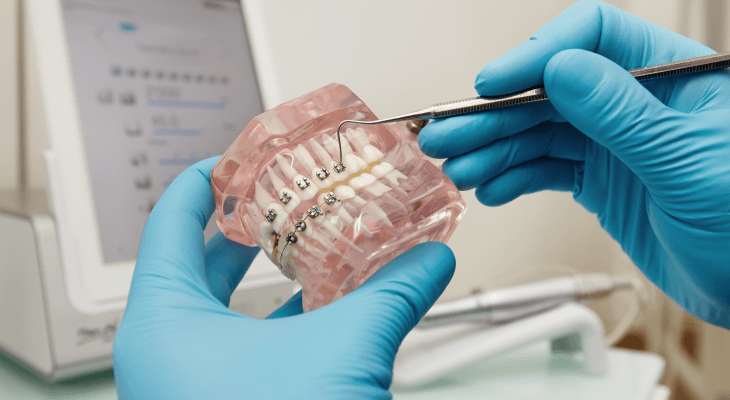
If you’ve ever had braces growing up, then you must be familiar with the orthodontist. Orthodontists are dentists with specialised training to diagnose, treat and correct irregularities of the teeth, bite and jaws.
Crowded or crooked teeth may seem harmless but don’t be fooled into thinking that correcting it is just for aesthetic purposes. Misaligned teeth actually makes it harder to keep teeth and gums clean, which increases the likelihood of tooth decay and gum disease.
These are some of the treatments performed by orthodontists:
- Treat misaligned teeth and jaws
- Install dental appliances such as braces and dental headgear
- Correct birth defects such as cleft lip or palate
Orthodontists can be found in dental clinics and hospitals.
#3. Paediatric dentist
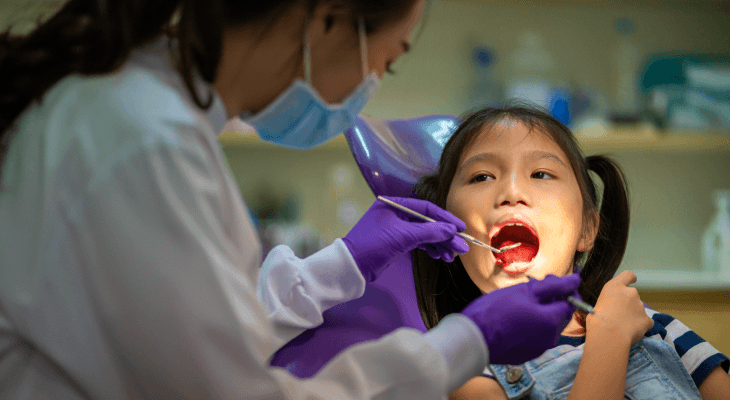
Most dentists treat patients of any age but paediatric dentists are specially trained to address the oral health concerns of infants, children and teens below 16 years old.
As paediatric dentists deal with young patients who are growing, they often have to consider the development of their patients when recommending treatments. The field also places a priority on children who require special care (e.g. those with medical problems, learning impairment, physical disabilities, dental anomalies).
Paediatric dentists offer a range of diagnostic and therapeutic dental procedures:
- Provide routine dental treatments such as oral health exams, teeth cleaning and cavity removal
- Provide early diagnosis and treatment to straighten teeth or correct an improper bite
- Perform endodontic treatment (treatment of the root canal / infected pulp of a tooth) of primary and permanent teeth
- Perform dental surgeries to treat facial injuries from accidents
Paediatric dentists often have their own dental practice or are based at hospitals.
#4. Endodontist
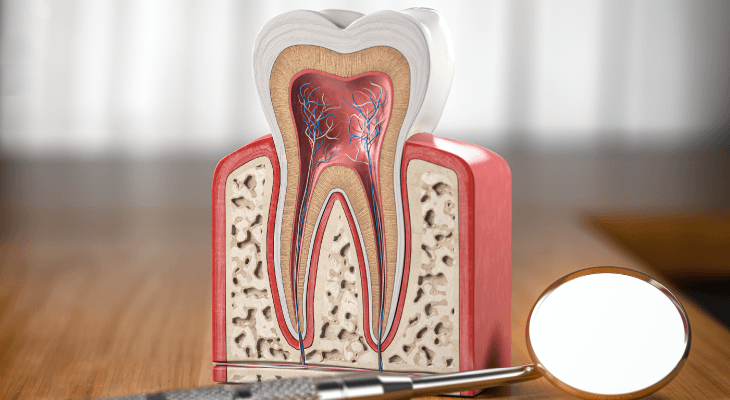
If you’ve ever needed a root canal, endodontists are your life saviour.
Sometimes known as the root canal dentist, endodontists are highly trained in caring for complex tooth problems that primarily affect the tooth pulp (the nerves, blood vessels and other tissues deep inside each tooth). They focus on preventing and treating dental tissue damage caused by tooth decay, cracked teeth or injuries.
Endodontists often conduct the following procedures:
- Perform root canal treatment that involves removing the infected tooth pulp, cleaning and filling the root canal, and sealing the tooth
- Manage cracked tooth problems
- Perform specialised endondontic surgery
- Perform tooth extraction in the event the tooth cannot be saved

#5. Periodontist
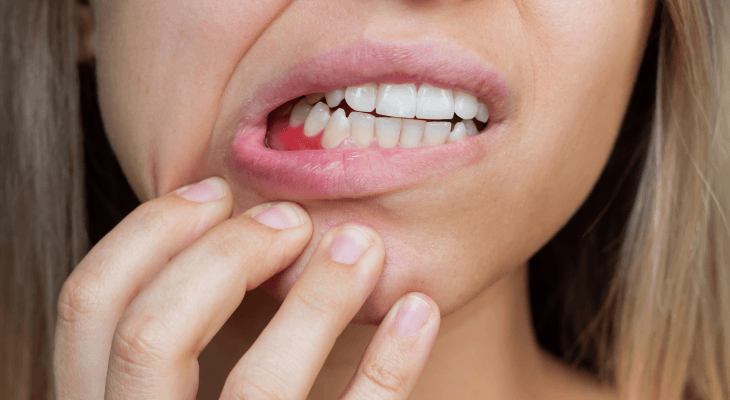
Gum disease happens when the tissue around your teeth is infected, causing inflammation. While this can often be addressed by a general dentist, an advanced gum disease like periodontitis may require more extensive treatment. This is when a periodontist comes in.
Periodontists specialise in preventing, diagnosing and treating diseases affecting the tooth’s supporting structures, namely the gums and the surrounding bone.
Some of the procedures performed by a periodontist include:
- Perform scaling and root planning to remove plaque and tartar
- Place dental implants (artificial tooth including the root)
- Perform soft tissue surgery such as gingivectomy (removing part of the gums) and flap surgery (cleaning the roots of a tooth and repairing bone damage caused by gum disease)
- Perform bone and gum regeneration to eliminate bacteria
Periodontists can be found in both private and government clinics and hospitals. These practitioners may sometimes work with other dental specialists if patients present complex problems.
DID YOU KNOW
Being a dentist requires you to learn not just about the teeth but also the human body such as anatomy and physiology. Learn more about dentistry here.
Apply for university with EduAdvisor
Secure scholarships and more when you apply to any of our 100+ partner universities.
Start now#6. Prosthodontist
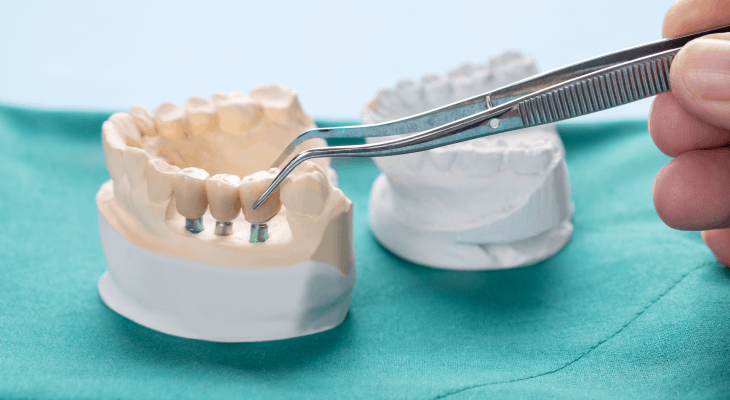
Losing a tooth as an adult can be unnerving as chances of it growing back is close to zero. Fortunately, we have prosthodontists for that.
Prosthodontists specialise in restoring and replacing broken, missing or damaged teeth. While this can sometimes be addressed by a general dentist, prosthodontists have specialised training and skills. Patients who seek the care of prosthodontists may also have special or complex clinical needs, such as facial defects, medical problems or learning disabilities, all of which have implications for their care.
Here are some of the procedures that a prosthodontist perform:
- Install removable prosthodonctics such as dentures
- Install fixed prostheses such as crowns and bridges
- Perform surgical procedure to place dental implants
- Apply veneers (thin pieces of porcelain cemented to the surface of your teeth) to improve your teeth’s aesthetic appearance
- Perform other advanced conservative dental procedures
#7. Forensic odontologist
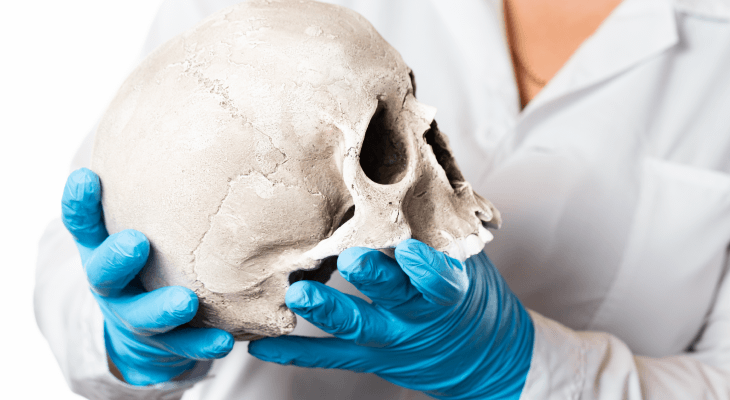
Ever watched a scene in CSI or Bones where some highly trained individual can identify details of corpses just by inspecting their dental impressions? Well, these specialists are called forensic odontologists.
Forensic odontology is a dentistry field that deals with the handling and examination of dental evidence in the interest of justice. These professionals examine and investigate various forms dental evidence recovered from cases such as a fragmented tooth, a broken denture and even abraded skin surfaces due to teeth marks.
Among the tasks a forensic odontologist may perform include:
- Examine the surface of bodies (either dead or alive) to recognise bite marks
- Perform forensic photography for extraoral, intra-oral and bitemark injuries
- Perform impression taking on people (both living and deceased)
- Reconstruct an identity that includes gender, ethnic and age estimation solely based on dental impressions
- Construct forensic reports and give testimony in court
Forensic odontologists often work with law enforcement agencies, health care professionals and other forensic science specialists to bring forward justice.

#8. Oral medicine and oral pathology

Oral medicine and pathology deals with the identification and management of diseases affecting the oral and maxillofacial region (mouth, face and jaws). This dentistry specialty researches the causes, processes and effects of dental diseases and their subsequent treatment. The information they gather allows dentists to determine the right treatment to administer.
Some of the things that they do include:
- Carry out biopsies to diganose diseases of the mouth, face, salivary glands and jaws
- Conduct biomedical research on oral diseases
- Provide consultation services to the government and other agencies in the field of oral diseases
Unlike other dental specialists, oral pathologists are typically based in research laboratories.



